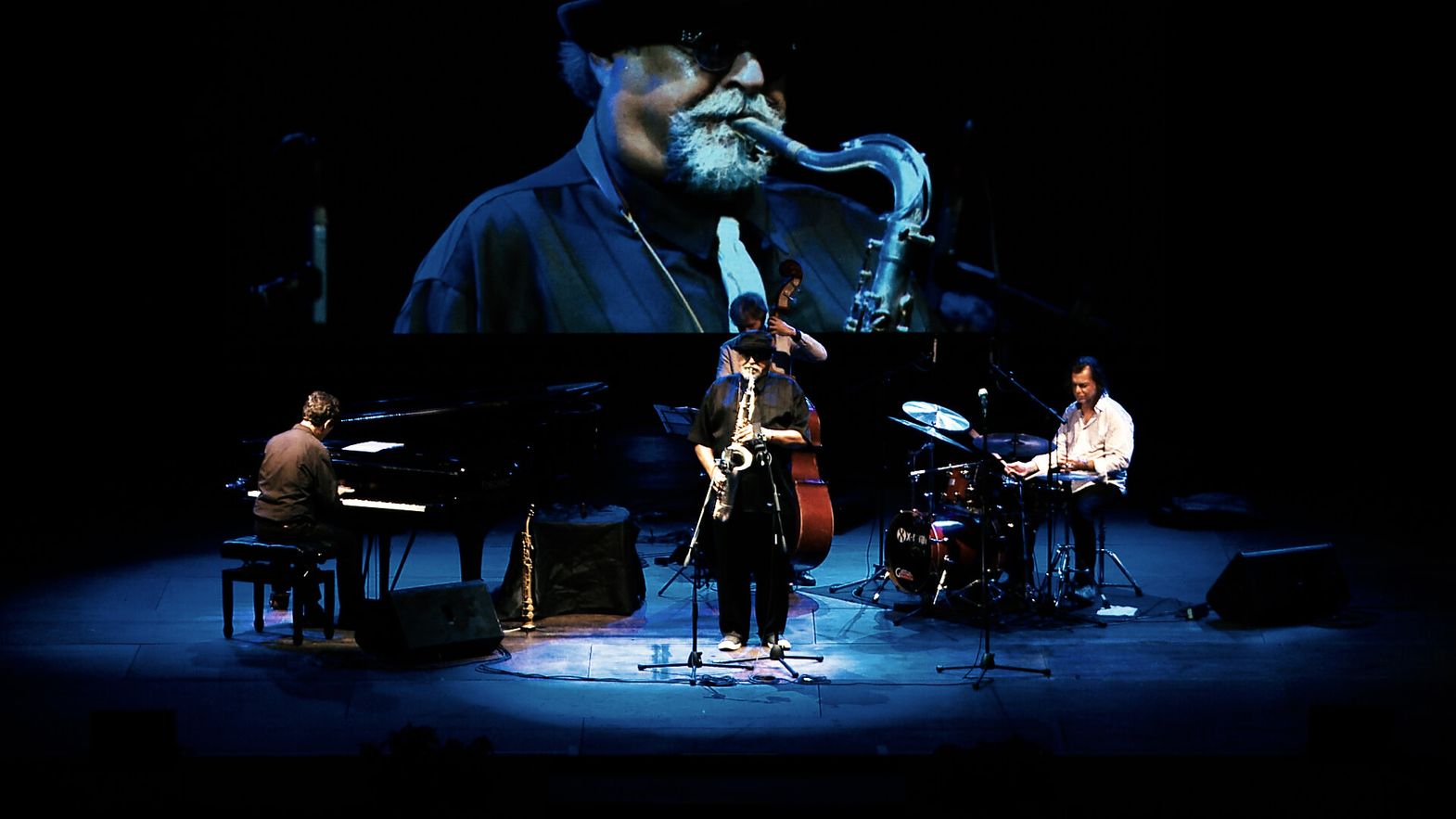
There are directors who have made their magnificent obsessions their field of investigation: Franco Maresco's cinema has always staged an eternal return to two great tensions of the Palermo filmmaker. If, on the one hand, there is the political side, a constant unmasking of a mafia that has become the fabric within which Italian politics moves and so much of the entertainment world to which we have become accustomed in the twenty years of Berlusconi, on the other there is his boundless passion for the freedom of jazz music and for those musicians who have contributed, starting with an Italian (or rather Sicilian) cultural heritage.
Lovano Supreme, presented in Fuori concorso, is the new chapter of this enterprise that arises from meetings, research, analysis and rewriting of what is the jagged history of jazz (which has already seen figures such as Duke Ellington, Miles Davies and Tony Scott, in a documentary presented at Locarno, Io sono Tony Scott, ovvero come l'Italia fece fuori il più grande clarinettista del jazz (2010). Invited to pay homage to John Coltrane in Palermo in 2022, on the occasion of the 50th anniversary of his death, saxophonist Joe Lovano – convinced by Maresco himself – returns to the land of his ancestors, rediscovering a Sicily partly told through family memories and partly filtered by the American view (the short circuit between the images of The Godfather and the words of the taxi driver who incenses the mafia offer the touch of connection that is never lacking in Maresco's work).
It is a journey that will lead him to rediscover lost relatives and to visit the birthplaces of his parents (Alcara Li Fusi and Cesarò), in particular moments of popular festival in which the memory of his father will resurface, Tony, barber / musician who was trained on those popular rhythms, but also to discover the different time immersed in Sicily, underlined with the usual sly and biting irony of Maresco.
But the story of the formation of a great musician cannot be linear, even more so if he wants to trace the creation of a music like jazz that lives on the mixture of different rhythms, and for this reason the narration of Maresco opens up to tell the stories of great musicians like Coltrane and legendary clubs like the Village Vanguard, without ever forgetting the centrality of a history of migration. So, Joe becomes a new piece in the creative story of a musical gesture. As his teacher, Coltrane, said, "I'd like to give people something like happiness."
Daniela Persico